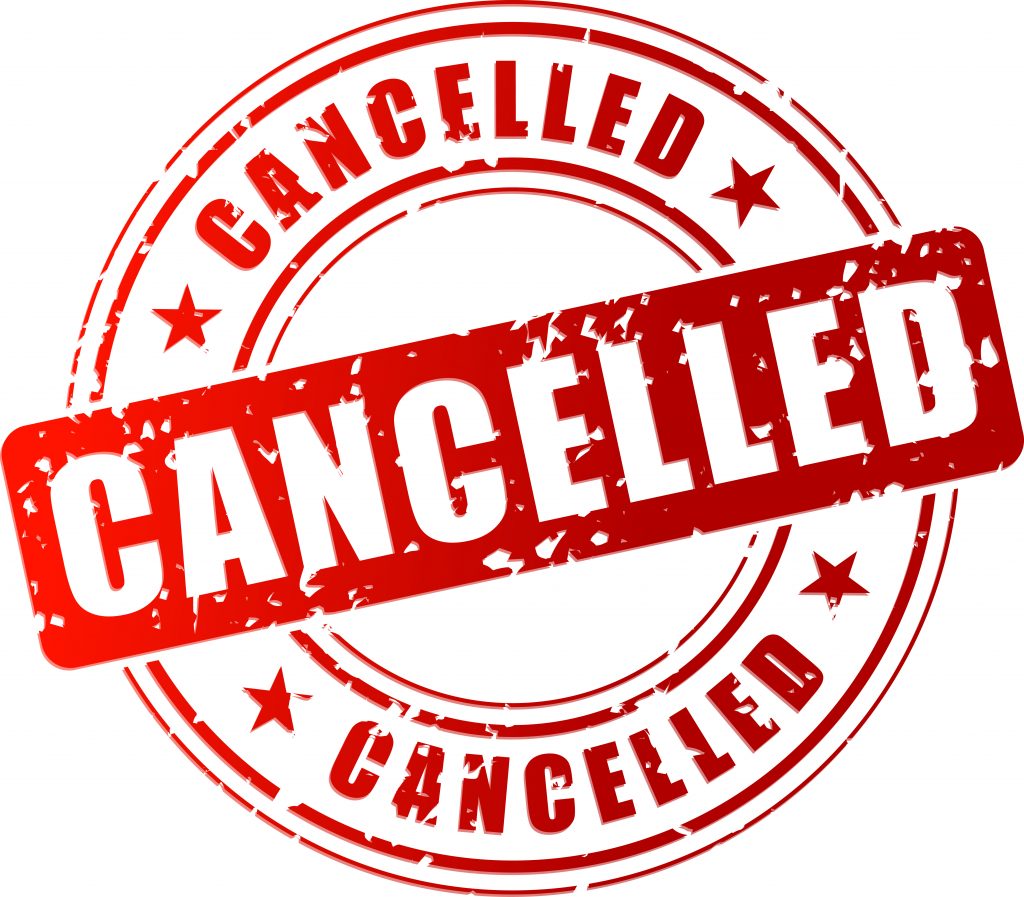
Physical Therapy Marketing: Grow Your Practice
Physical Therapy Marketing: Grow Your Practice This can’t be stressed enough, effective marketing is crucial for physical therapy practices trying to get new patients and
Please add some widget in Offcanvs Sidebar

As a Private Practice Owner, one of the things you end up having to deal with is preventing cancellations, no shows and early or self-discharges. If not kept under control they can cause all kinds of problems that will either immediately, or eventually, effect the bottom line of your business. Whether you realize it or not they all can lead to lost income, early discharges, low staff productivity, low staff morale, and much more. Many of us are actually pretty good at “getting new patients” but when push comes to shove, we are not so good at “keeping them” and truly helping them get to what we want, a “SUCCESSFUL DISCHARGE”. The main reason why most practices don’t do well at keeping their schedule full and their staff busy is that there is not a system or process for staff to follow when any of the above things happen.
To control cancellations, now shows and self-discharges, we must first acknowledge them for what they are: lost income as a business owner and a lost opportunity to truly help a patient achieve their goals. It is that simple. Whether they didn’t come in because they were sick, or they had a meeting at work or whatever the reason, it is lost income that we need to think about as a private practice owner. Think about it; if your average reimbursement is $75 per visit (as an example) then every empty spot (for whatever reason) is a loss of $75. That is typically what you pay a PT for about two hours’ worth of work, or a front office staff for about 4 – 5 hours’ worth of work.
So how do we control and better yet prevent cancellations that possibly are causing you to lose sleep, worry about making payroll, and ultimately effecting our profitability as private practice owners?
As PT’s we spend a lot of time training to be good clinicians, but we also need to train to be even better salespeople. I always tell my staff that treating a patient (regardless of diagnosis) is 80% mental and 20 % what you do with them in treatment. If you listen, patients have a lot of objections and reasons why they can’t make it to therapy. Truth is they are being bombarded with so many requests for their time, their money, their energy. When they cancel, they are telling you indirectly that they didn’t place as much value on your services as they did on something else; whether it be that cup of coffee every day, eating lunch out, having a fancy phone, watching Netflix when they get home from work, or whatever their excuse is for not making it to therapy. A good salesperson will be able to really ask the right questions and listen to the patient and then handle those issues fully.
So, when a patient cancels or no shows for an appointment, we have to look at it as a “check engine light” sort of thing. This is the first sign that a self- discharge or an early discharge is looming. What if I told you that as few as one missed appointment could mean that a patient’s success rate drops from 93% to 67%? What if the patient knew that there was a 67% chance that they could buy a cup of crummy coffee from their favorite coffee shop? Would they still be as apt to buy it? What is happening in a patient’s mind whenever they miss an appointment for whatever the reason is one of the following two things:
The key to keeping a patient all the way through to a successful d/c is staying in regular communication with them. This is easiest when they attend their therapy as scheduled with regular appointments. But the moment that a cancellation or no show come about we have to understand that they are falling off the bandwagon and less likely to be a successful discharge.
So, we need to have a system in place to prevent this and it involves asking questions. Here is what happens in my practice:
Remember, we all got into this to help people and we need to stay focused on that ALL THE TIME. We don’t want to get agreeable to the patient missing appointments – we have a responsibility to help them handle those objections.
If we never tell our patients what we want them to do and WHY they will make their own decisions. In my clinic when we are registering a new patient and getting them all checked in on their first visit we spend a few minutes “hatting” them on what it means to be a patient. The Patient Care Coordinator (PCC) goes over the cancellation policy with them and tells them what we NEED them to do when they can’t make an appointment for any reason (sick, work, etc). What do we expect? We expect that they reschedule for the SAME DAY. Okay, if they are sick, we expect them to reschedule for as soon as they are better – so basically 3 times next week to make up for the one that was missed this week (it does us no good to “add the appointment on to the end of the POC” – they are already better then). Next, the PCC explains why we NEED them to do this – it increases the possibility of them recovering fully and getting the full value of the care they are paying for in time and money. Now when the PCC is finished explaining what we NEED the patient to do and why, they then ask a series of a few questions:
In my practice we spend a minimum of 30 min every week with every staff member doing drilling and training. We drill over things like I have mentioned above but we also drill over things like
This “practice” prepares them for what they will encounter at any possible moment in the future. This way when a patient says whatever they say, and wants to discharge themselves from therapy early, or cancel, or whatever, they are prepared to handle the situation and get a good outcome – one that allows them the opportunity to REALLY HELP THE PATIENT.
This is something I am passionate about as a practice owner. Early on in my practice ownership years I learned this data and put it to use. We have grown our business by a minimum of 20% every year over the past 14 years. For two years straight I dedicated myself to learning and training my staff in the systems to use to achieve all of the above. Putting these three aspects in place was how we grew our business significantly for two years straight – just by improving arrivals, reducing cancellations, and stopping early discharges – we didn’t need a single extra evaluation, we just needed to keep them for their FULL PLAN OF CARE.
I would love to hear your thoughts and any ideas you have. I would also be happy to talk more in detail with you about this or any other issues you are having in your practice. My passion is helping other private practice owners have the success and FREEDOM they are looking for in their practice. Feel free to email me anytime: mike@fortisbusinesssolutions.com
Here is to the FREEDOM YOU DESERVE as a Private Practice Owner.

Physical Therapy Marketing: Grow Your Practice This can’t be stressed enough, effective marketing is crucial for physical therapy practices trying to get new patients and

As a Private Practice Owner, one of the things you end up having to deal with is preventing cancellations. If not kept under control they
